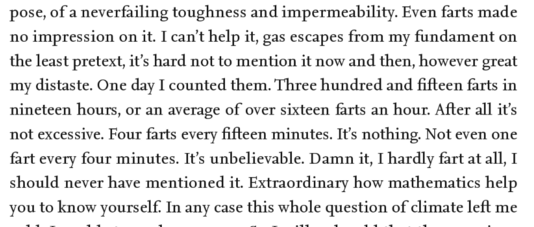I’m currently working on a section of my Economics in Two Lessons book dealing with minimum wages in the context of predistribution policies, so I thought I would compare Australia with the US, where the idea of a $15/hour minimum wage is currently a hot topic. In Australia there are two kinds of minimum wage. The PPP exchange rate is estimated at $A$1.30 = $US, which is fairly close to the market exchange rate at present, so I’ll give both $A and estimated $US equivalents
The standard minimum wage for workers aged 21 or over is $A17.29 hour ($US13.30) applying to employees under standard award conditions. These include four weeks annual leave, sick leave, employer contributions to pension plans and so on.
More comparable to the situation of US minimum wage workers are “casual” workers, employed on an hourly basis. Casual workers get a loading of at least 25 per cent, bringing the wage up to at least $A21.60 an hour ($US16.60), to compensate for the absence of leave entitlements. In addition, they have entitlements including:
* “Penalty” rates for weekend and night work (usually a 50 per cent loading, 100 per cent on Sundays)
* For workers employed on a regular basis, protection against unfair dismissal.
The policy question is: what impact have these high minimum wages had on employment and unemployment. That’s too big a question to answer comprehensively, but we can look at the obvious data points: the official unemployment rates (5.7 for Oz, 5.5 per cent US) and the 15-64 employment population ratios (72 per cent for Oz, 67 per cent US). So, it certainly doesn’t look as if the Australian labor market has been crippled by minimum wages.
Note: I’ll respond in advance to the widespread misconception that Australia is a special case due to mineral resources. Mining accounts for about 2 per cent of employment in Australia, and (because most mines are owned by multinationals) its contribution to Australian national income is also so, probably around 5 per cent.
* Workers aged 18 get about 70 per cent of the adult minimum, equivalent to around $US11.50 for casuals. But the great majority of US minimum wage workers (about 80 per cent) are 20+.

